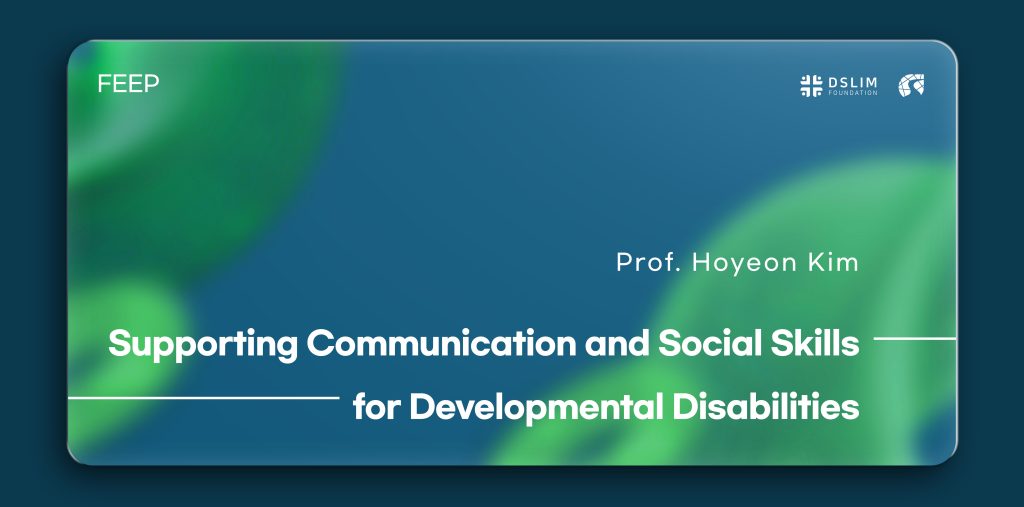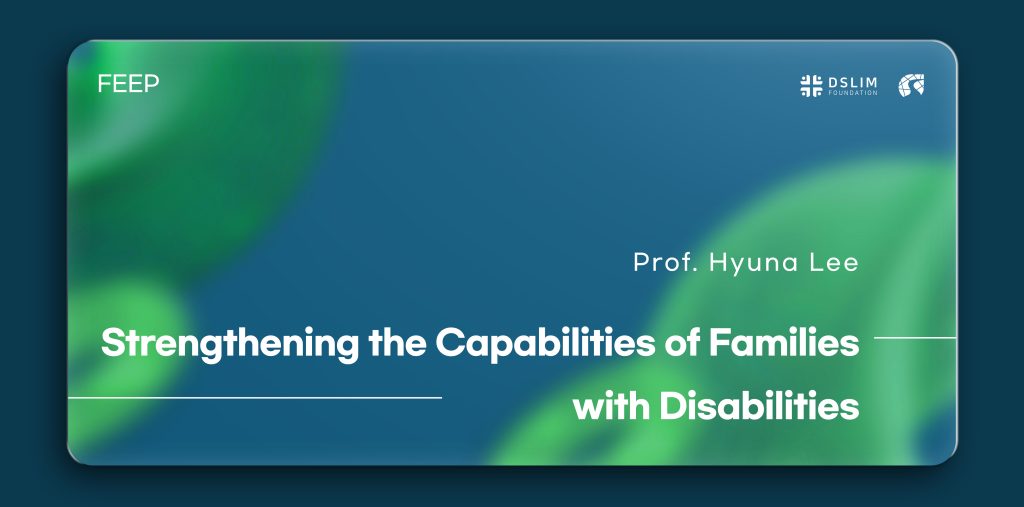The Hollow that Offers Rest
Professor Jae Hyun Jung
Obstacles That Save Us
The marble floors of a hotel exude elegance and sophistication. Their smooth and polished surface is visually appealing. But what happens when the floor is so smooth that it becomes slippery? Add a bit of moisture, and it transforms into a hazard, making walking difficult. Yet, we’ve grown accustomed to smoothness, often oblivious to the risks of slipping.
Ice rinks, though slippery, are flat, offering some control. But what about a ski slope? If you fall while skiing, you might roll uncontrollably, tumbling endlessly if there’s nothing to break your fall. Without obstacles, you could be flung far downhill. But encountering a hollow or less steep slope might halt your fall. A hollow, seemingly a danger itself, can stop your sliding, offering a moment of rest. It might even give you a chance to collect your thoughts and readjust yourself.
In a world that seems to glide forward like a slippery floor, obstacles akin to hollows or uneven terrain can save us. A rough path, unlike a polished hotel floor, might prevent us from slipping and even provide a place to rest—something unattainable on an ice rink. Similarly, conflicts may not simply be obstacles to remove but can slow down a life that races out of control. They might even become opportunities to rethink and realign our troubled paths. This reality isn’t hypothetical but something we all experience. Rough paths, paradoxically, can offer us rest—we just haven’t always seen them that way.
Searching for a World Without Conflict
From this perspective, conflicts are like passing friction in our lives, brushing against us as we move forward. How do we find rest on a rough path? How do we pursue peace amidst conflict? Philosopher Ludwig Wittgenstein writes in his Philosophical Investigations:
“We thought life would become smooth if we found a language without conflict. But the world created by this beautiful language was so smooth that it became slippery. We inadvertently entered a slippery ice rink without friction. Though it seemed ideal to find a language without conflict, we could no longer walk. But we want to walk. Therefore, we need friction. Let us return to the rough ground! Let us return to the life of conflict!”
— Ludwig Wittgenstein, Philosophical Investigations
Most of us, as Wittgenstein describes, seek a language devoid of conflict, striving to mediate and remove discord to foster peace. Few, if any, enjoy or find comfort in conflict. While there may be exceptions, we generally work hard to reduce and overcome it. In a world full of tension and frequent clashes, resolving conflict is often essential.
Do Not Be Deceived by Beautiful Words
Yet, the process of harmonizing to resolve conflicts isn’t simple. Often, we resort to “pretty words,” choosing polished language that seems agreeable. Such refined words surround us in abundance, giving the illusion that they can resolve all conflicts. If only communication relied on such language, relationships—whether personal or collective—would glide effortlessly.
However, these beautiful words, crafted to smooth over reality, often make the world dangerously slippery. Why? Because they’re detached from reality. A world wrapped in elegant rhetoric is not grounded in truth. From the perspective of knowledge, such a world might appear smooth, but in the reality of life, smoothness leads to slipperiness. And slipperiness causes us to lose our footing, pushing us further from reality. We can no longer walk, nor can we live authentically. Reality, which requires walking and living, becomes concealed under a veneer of beautiful words.
Worse still, many of us, slipping as we go, remain unaware of the risks, enchanted by the illusion of smoothness.
Returning to the Rough Ground
To not only walk but also find rest, the rough ground may be better. Wittgenstein even urges, “Let us return to the life of conflict!” It’s because friction and conflict, far from being obstacles, provide the very footing we need to move forward.
If we’ve ever slipped on the seemingly polished surface of life, it may be worth reflecting: have we simply avoided friction and conflict? Perhaps, in reconsidering this, we can find rest and prepare ourselves to walk forward once again.
Thank you.

“Just remember that you can test different video lengths until you find what works best –– the sweet spot. Pay attention to your video performance and adjust until you see success.”




